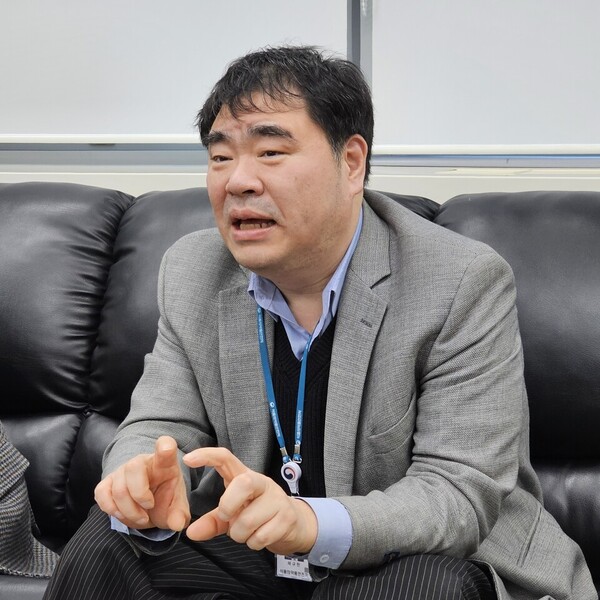The Ministry of Food and Drug Safety (MFDS) plans to strengthen the control of medical narcotics by making the most of the risk management plan (RMP).
Drug Safety Planning Officer Chae Kyu-han said the ministry would shore up the management of medical narcotics through RMPs and provide more safety information to patients this year during a meeting with journalists covering the ministry on Tuesday.

RMP requires pharmaceutical companies to establish and implement a plan to minimize the risk of harm in the actual use stage based on information related to the safety or effectiveness of drugs, including new drugs and orphan drugs in the development stage. Pharmaceutical companies must submit a risk mitigation plan to MFDS in addition to the attached documents. Such plans should include distributing patient user manuals and explanatory materials for professionals, including doctors and pharmacists.
"There are many addiction prevention and rehabilitation revitalization policies scheduled to be implemented this year, and several will be implemented in conjunction with the RMP," Chae said. "To prevent addiction among patients using medical narcotics, appropriate interventions must be carried out at the diagnosis, prescription, dispensing, and medication stages."
For example, patient manuals are currently being distributed. From now on, patients prescribed medical narcotics will be informed of where and what kind of counseling they can receive, Chae explained. In Japan, for instance, the (medical narcotics) RMP includes language, such as, “Explain until the patient understands," he noted, adding that the ministry would utilize the RMP system further to strengthen the role of medical narcotics manufacturers and importers.
Chae acknowledged there are skepticisms that the burden on manufacturers and importers of medical narcotics, such as pharmaceutical companies, will be greater than it is now.
In response to such views, Chae said, "It's not that there will be more regulations but rather that the existing processes will be made more efficient and improved in a way that will produce results. We are trying to create a system that fits our healthcare delivery system by looking at foreign cases and domestic situations together."
In connection with the reporting system for handling medical narcotics, Chae said he visited various narcotics handling sites, including a drug wholesaler, drug manufacturer and importer, medical institution, veterinary hospital, general hospital, and drug retailer, in the past month.
"We heard that entering the NIMS (National Integrated Management System) in the field is difficult. In the case of in-patient prescriptions, all medical narcotics administered to patients must be inputted down to the granule level, and it would be nice to be able to manage them as a hospital unit," Chae said. "We are looking at various ideas in this area. We plan to make good use of digitized data."
Chae served as the director-general for the Medical Device Safety Bureau, pushing for the approval of digital therapeutic devices (DTx) and the enactment of the Digital Medical Products Act last year. He will spearhead the medical narcotics administration this year by assisting the Minister of Food and Drug Safety, Oh Yoo-kyung.
According to the ministry, the number of drug offenders increased from 18,000 in 2022 to 25,000 in November 2023, and the proportion of teenagers among them increased from 2.6 percent (481) in 2022 to 5.5 percent (1,380). Korea crossed the threshold of "20 per 100,000 people," the global standard for a "drug-free country" as early as 2015.
"Last year, MFDS was concerned about medical shopping and self-prescription. We are now realizing that the role of manufacturers and importers is very important in the manufacturing and distributing medical drugs," Chae said. "We will also communicate with the industry."
Related articles
- Doctor gets 2 years in prison for prescribing 4,826 fentanyl patches to one patient
- ‘MFDS will talk with doctors group to verify fentanyl prescription records’
- Government pushes to revoke licenses of drug-addicted doctors
- Pain society releases guidelines on prescribing narcotic analgesics
- 1.74 million psychotropic drugs disappeared from closed clinics: BAI audit

